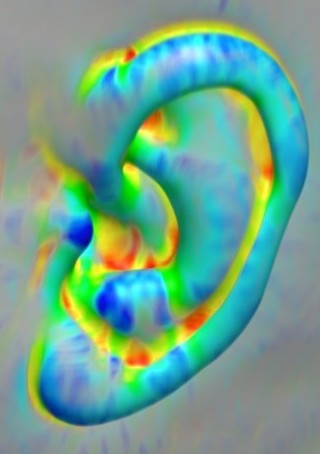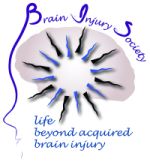Hyperacusis – over-amplification of environmental sounds in the auditory pathways. Everyday sounds seem too loud, but other people aren’t complaining.
Tinnitus – not a disease, just the ability to hear sounds generated by the auditory (hearing) system, evidence of compensatory mechanisms that are part of its normal function. The problem is the distress created – not the type of sound.
Misophonia – dislike of environment sound(s). Literally “hatred of sound”. Instant angry reaction to trigger sounds.
Phonophobia – fear of environmental sounds. Fear that they may damage hearing or make other symptoms worse.
Do Certain Noises Make You Cringe?
 Do you feel you are overly sensitive to sound? Does anyone you know claim to hear noises that you can barely hear? When you complain about noise, do people often ask you, what noise? If you are one of the almost 40% of the population suffering from tinnitus or you are plagued by other hearing sensitivity issues, you may be experiencing the symptoms of hyperacusis.
Do you feel you are overly sensitive to sound? Does anyone you know claim to hear noises that you can barely hear? When you complain about noise, do people often ask you, what noise? If you are one of the almost 40% of the population suffering from tinnitus or you are plagued by other hearing sensitivity issues, you may be experiencing the symptoms of hyperacusis.
Hyperacusis is a health condition which shows itself as an over-sensitivity to certain frequency ranges of sound. A person with severe hyperacusis has trouble tolerating everyday sounds, some of which seem unpleasantly loud to that person but not to others standing right next to them. This is not a matter of someone merely being too sensitive, but a situation where certain noises, not usually a problem for most, can drive a person suffering from hyperacusis into a sound proof room.
In the most common form of hyperacusis, Cochlear hyperacusis, the symptoms are ear pain, annoyance, and general intolerance to any sounds that most people don’t notice or consider unpleasant. Sounds and vibrations from a neighbor’s stereo, noise from cars half way down the block and loud movie explosions while listening to Dolby Surround Sound can be torture to anyone suffering from cochlear hyperacusis.
As a result of this affliction, some people experience crying spells or panic attacks while experiencing certain levels of noise. Children suffering from hyperacusis may be mistakenly diagnosed as Autistic due to the common reactions to loud noises experienced by a child suffering from either condition. If your child or toddler is startled easily by noise, have a hearing evaluation done as soon as possible. Feelings of dizziness, nausea, or a loss of balance when certain pitched sounds are present are not uncommon in children and adults suffering from hyperacusis. As many as 86% of adult hyperacusis sufferers also have tinnitus or ringing in the ears.
It is not just a loud noise problem either. A child or adult suffering from hyperacusis might also be startled by very low sound levels. Everyday sounds like shutting doors, ringing phones, running water, cooking, normal conversation, and other sounds will hurt their ears. In extreme situations, even the use of earplugs fails to bring relief. Someone with hyperacusis may try to avoid a stressful sound situations and may resort to spending his life at home, trying to avoid all sounds and problem noises.
What causes this condition? The most common cause of hyperacusis is overexposure to excessively high noise or decibel levels. Some people experience hyperacusis suddenly by firing a gun, having an airbag deploy in their car, hearing any extremely loud sound, or taking ear sensitive drugs. Others may have a history of Lyme’s disease, Meniere’s disease, TMJ, serious head injury, frequent migraines, Bell’s Palsy, facial nerve dysfunction, excessive ear irrigation or surgery. Hyperacusis can later develop as a result of damage sustained to the hearing apparatus, or inner ear, or the condition may be acquired as a result of damage to the brain or the neurological system during a head trauma event.
The most common treatment for hyperacusis is Broadband Noise Therapy, which consist of the patient listening to recorded broadband noise at soft volume levels for a set period of time each day, allowing the patients to rebuild their tolerance to sound. When seeking treatment, it is important that the physician determine the patient’s discomfort level so that hearing tests or other diagnostic tests and therapies which involve artificial noise, do not exacerbate the patient’s tolerance to sound.
Broadband Noise Therapy can be used with Tinnitus Retraining Therapy and Pink Noise Therapy. Tinnitus Retraining Therapy is a treatment originally used to treat tinnitus (buzzing or ringing noises in the ear) which uses broadband noise to acclimate the person to specific noise levels and strives to building up a tolerance to the troublesome noises. Pink Noise Therapy (which is a sound level similar to the sound of the ocean in a seashell) is another type of noise therapy which uses a different dB level of sound for noise tolerance building.
